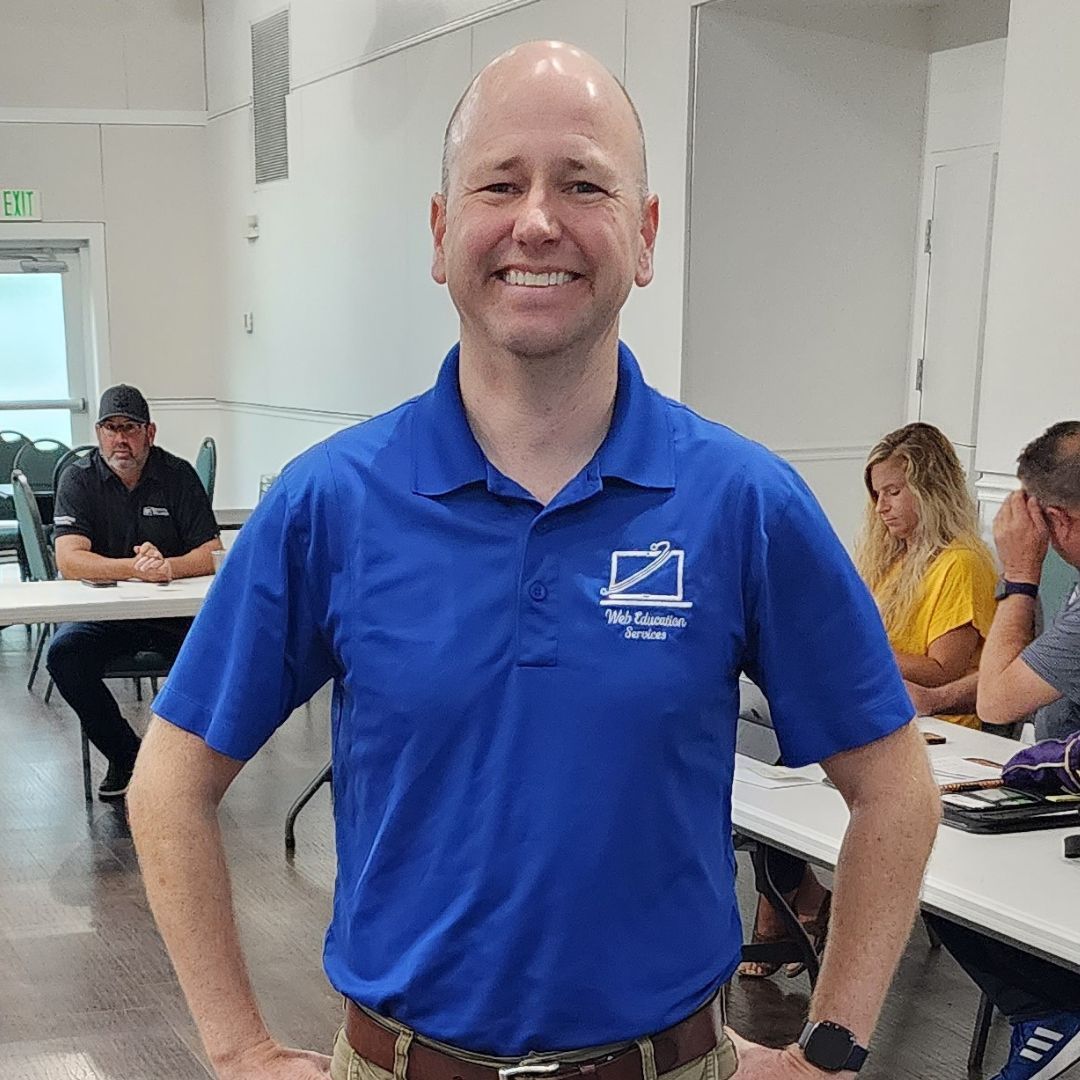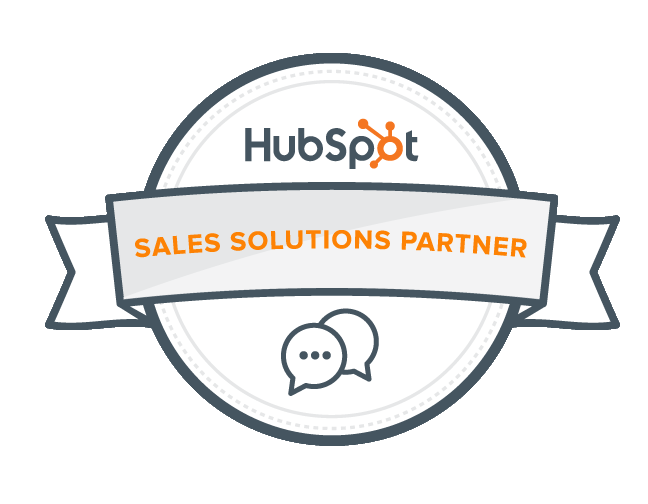727.222.6984
5006 Trouble Creek Rd, New Port Richey, FL, 34652, United States

Should is a word that can hold you back.
It's a psychological dead end.
The word should is a limiting word because it creates a feeling of obligation, which stops you from following through on things that are important to you. When you say "I should do this," what you mean is "I'm supposed to do this." And when we feel obligated to do something, we often don't follow through with it—we just don't feel like doing it.
"Should" Means There's No Point And Is A Marketing Dead End
When you tell yourself that you should be doing something, your brain gets the message that there's no point in trying because it's not what you really want or need—it's just something you feel obligated to do. So instead of making progress toward your goal, all that thinking about what you "should be doing" actually stops progress in its tracks!
Real Marketing Progress Is About Change
You see, real progress is about identifying what you want to change. It's not just about saying what you "should" do and hopefully doing it. Strategy and change is about figuring out where your business is going and deciding how best to get there.
So instead of "shoulding" like: "We should post more to social media." Try something more along the lines of: "Our company wants to increase sales by 20%. We believe we can increase sales by bringing in new customers through social media."
That way, when you're looking at your strategy later on down the line and things don't go according to plan (which will happen), you'll have a much better idea of where things went wrong—and be able to fix them!
Goals, Measurements, and Marketing Tactics
Real change comes from a sound strategy, and a sound strategy comes from identifying a goal, figuring out how to measure that goal, and trying tactics that will affect that measurement.
The first step is to define the change you want to see. What is it that you'd like to get done? What is it that needs fixing? What do you wish was different?
Once you've defined your goal, the next step is figuring out how you're going to measure it—that is, what will happen when you reach this goal? This might seem obvious, but sometimes we don't think about things in terms of numbers or data points because we're so focused on just making sure things get done. But if we don't know what success looks like, how can we know if we're getting there?
So now that you've identified your goal and figured out how to measure it, it's time for the fun part: trying tactics that will affect that measurement! This might sound like an overwhelming task (and sometimes it can be), but don't worry—you don't have to try everything at once! Start with one thing at a time; figure out what works for your business; and then move on from there.
If you need a little strategic push,
download the EOS 2-page business plan. If you need help, give us a call (727) 222-6984.
The Marketing How-To Blog






